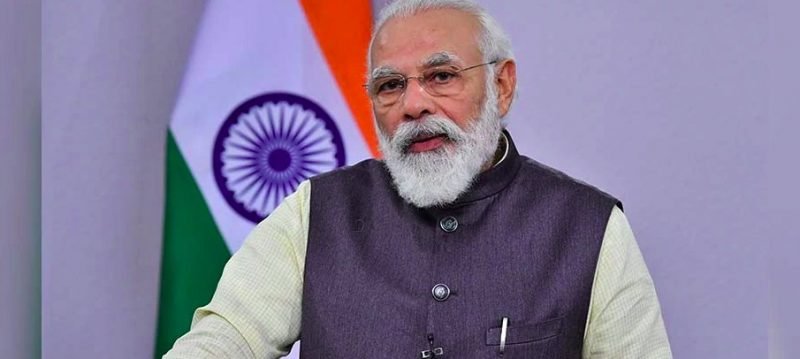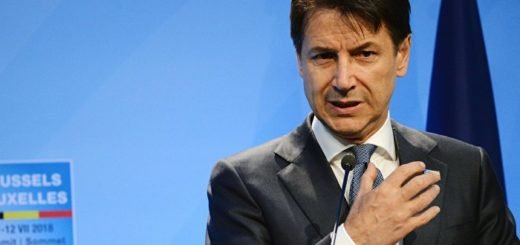‘Building a Better Future’: Dissecting Dialogues from India Ideas Summit

“India is contributing towards a prosperous and resilient world through the clarion call of an ‘Atmanirbhar Bharat’. And, for that, we await your partnership!”
– PM Narendra Modi
Formed in the year 1975, the United States-India Business Council (USIBC) is as a business advocacy organization which aims to enlighten and encourage private sectors of India and the United States to enhance investment flows. USIBC is celebrating their forty-fifth anniversary this year, and the virtual edition of the 2020 Summit included the presence of Prime Minister Narendra Modi alongside Subrahmanyam Jaishankar, Minister of External Affairs of the Government of India, Michael Richard Pompeo, the United States Secretary of State, and Nikki Haley, former United States ambassador to the United Nations.

This global pandemic has raised the issue of preparedness and resiliency more than ever, and India and the USA are some of the worst sufferers. Noting that with concern and working towards a resilient and prosperous atmosphere, PM Modi stated that there is global optimism towards India as it offers a perfect combination of openness, opportunities and options even over these troubled waters. When it comes to development, he added that a human-centric approach should be adopted and we are all collectively responsible for shaping the future of tomorrow. “India and the USA are natural partners. The US-India friendship has scaled many heights in the past” added the Indian Prime Minister hinting towards similar values of democracy and progress. FDI inflows in India show a 20 per cent increase as compared to the previous year with $74 billion, according to PM Modi. There is a booming insurance market in India which is expected to grow to 250 billion dollars by 2025, which is a result of the success of schemes such as Ayushman Bharat, PM Fasal Bima Yojna, and Jan Suraksha. “Recently, an interesting report came out in India. It said for the first time, there are more rural internet users than even urban internet users. Opportunities in technology also include opportunities in the frontier technologies of 5G, Big data analytics, Quantum computing, Block-chain and Internet of Things”, remarks were added about the emergence of new opportunities in the technology sector as well as the agricultural sector. A green-signal was shown towards investing in agricultural inputs such as machinery, fisheries, agriculture supply management, and organic produce. Importance of investing in other sectors like healthcare, energy, infrastructure, finance, among others, was also emphasized upon.
On the other hand, Mike Pompeo, the United States Secretary of State described India as a like-minded country in terms of business, an important partner of American foreign policy, and the relationship between the two countries are not limited to mere bilateral ties. “I’m confident that our relationship is only getting stronger. Let’s emerge from this current challenge more resilient and innovative than before. And let’s seize this moment to deepen cooperation between two of the world’s greatest democracies” added the US Secretary of State while inviting PM Modi to the next G7 meeting to be hosted by President Donald Trump.
Indian External Affairs Minister S. Jaishankar narrated accounts on improved dialogues and how the two democracies are collaborating on issues such as the COVID-19 crisis, climate change, and maritime security. However, the US needs to adapt to working in a multipolar world with changing strategic partnerships and diplomatic relations. The Minister for External Affairs added that the ‘quest’ in the last two decades was to find more similarities than differences, with convergences that differ from one issue to another. ‘Stronger Together’, Nikki Haley, former US Ambassador to the United Nations and former Governor of South Carolina stated that there is nothing she would love more than a Free-Trade Agreement between the US and India. She has highlighted the importance of maintaining the relationship between the leaders of the two countries which leads to contributory growth.
“The rise of India means a rise in trade opportunities with a nation that you can trust, a rise in global integration with increasing openness, a rise in your competitiveness with access to a market which offers scale. And rise your returns on investment with the availability of skilled human resources.” The Indian Prime Minister ended his speech referring to the positive aspects of engaging in trade opportunities with India, with the hope of furthering strengthening the ties between the two democracies.


















